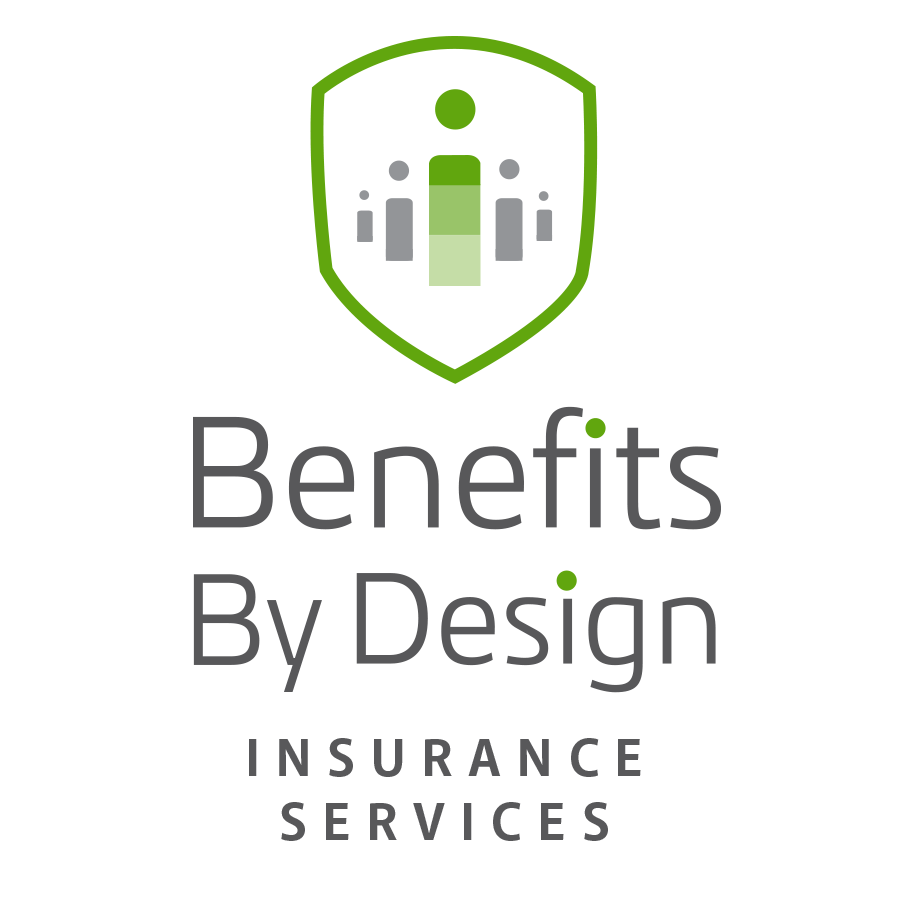Life Insurance: What Are Your Choices?
Which Type of Life Insurance Has The Most Value For You?

There are many different types of life insurance options. Not every option makes sense for every situation, so it's important to ensure your life insurance plan makes sense for your overall estate plan.
Whole life insurance
As long as you continue to pay your bill, whole life insurance pays your benefit no matter when you pass away. With whole life insurance, you can benefit from a savings component that a portion of your premium will pay into. Plus, the savings aspect of whole life insurance has a fixed interest rate, meaning you can build the cash value of your insurance policy over time.
It's important to note that whole life insurance policies are more expensive than term life insurance, the latter of which provides coverage for a set number of years. That's the main reason term life insurance is more affordable; you can lock in your rate for the entire term period of a term life insurance policy.
However, with whole life insurance policies, you can withdraw a portion of the cash value as a life insurance loan. That said, as with any loan, you'll need to pay it back along with any interest that you accrue. If you pass away before paying back the life insurance loan, the loan amount plus any interest will be withdrawn from the account prior to your beneficiaries’ receipt of their payout.
Universal life insurance
Also known as adjustable life insurance, universal life insurance offers more flexibility than whole life insurance. For instance, universal life insurance gives you the option to increase or decrease your death benefit. Sometimes you can even elect to adjust your monthly premium if not refrain from paying it altogether.
Keep in mind that the interest rate of universal life insurance is not fixed. In other words, the rate at which your cash value builds may change over time because it depends on ever-changing market conditions. The cash value of your policy can grow and result in zero-cost, which is another way of saying that the premiums will be paid from built-up value.
Variable life insurance
There are two forms of variable life insurance:
- As long as you regularly paid all your premiums, a face-value death benefit is paid out to your beneficiaries when you pass away.
- You can opt in to variable life cash value as part of your death benefit, though it's important to understand that a variable cash value rises and falls based on two factors: the payments you make and the performance of your investments.
Final expense insurance
Another name for final expense insurance is burial insurance because it offers a more affordable death benefit specifically designed to help your loved ones cover your end-of-life expenses. These include but are not limited to funeral costs, unpaid medical bills and outstanding debt in your name.
Term insurance
As one of the most simplistic and least expensive insurance plans, term insurance policies are designed to last for a limited number of years. The cost of a term insurance policy will likely increase as you get older.
Also, term insurance policies have no cash value. So this type of insurance is more beneficial if you are relatively young and want to have a policy in place to ensure your children will be taken care of should you pass away. Once your children start taking care of themselves as adults and the term insurance premiums begin to increase in price, you can look into canceling your term insurance policy.
The basic premise of life insurance is simple: It's a means by which you can extend financial support to your family in the event that you pass away. Not only will it give you peace of mind in knowing that your family is financially taken care of in your absence but life insurance gives family members a lot of comfort as well.
When you consider which type of life insurance you should purchase, look for options that suit your situation while offering the flexibility to improve your family's financial security. Most importantly, compare the many life insurance policy options and speak with a professional to understand which option fits with your overall estate plan best.
For more information and a personalized quote, contact Pam Morton at Benefits by Design Insurance Services at pamM@benefitsbydesignca.com or at 760-696-3573.
Copyright Industry Newsletters 2025










